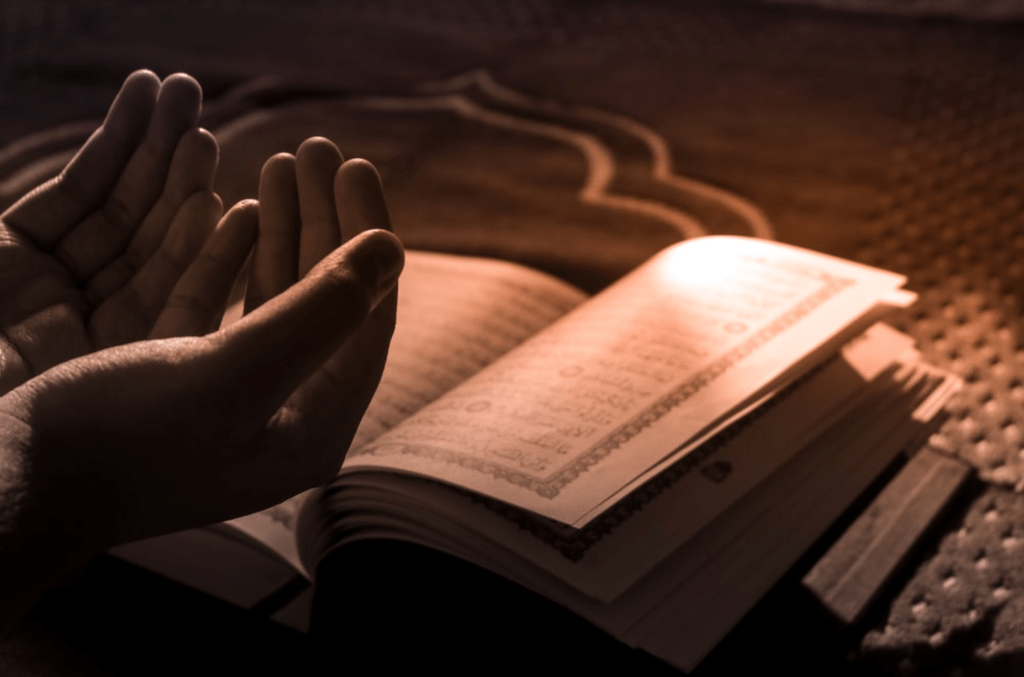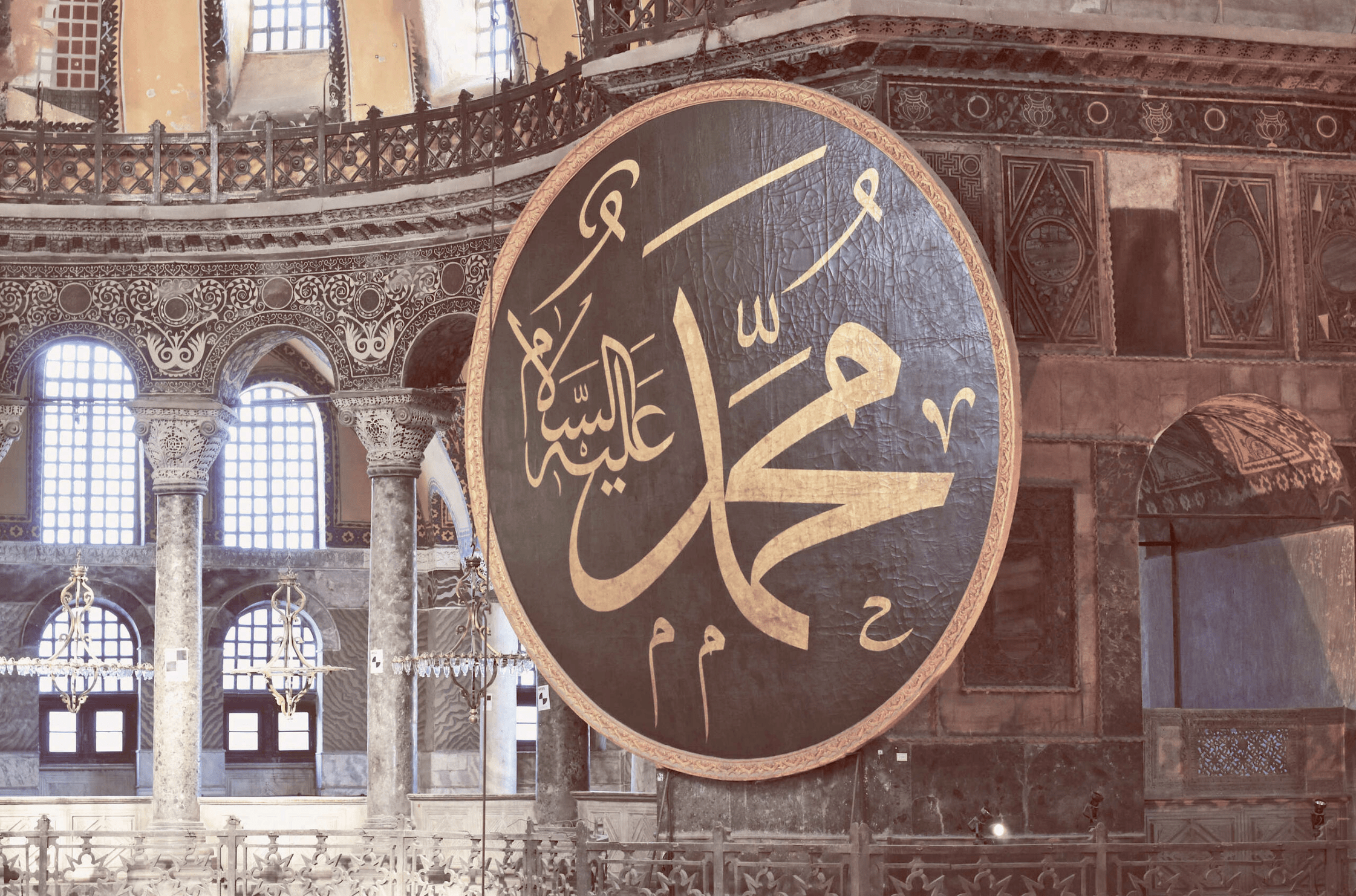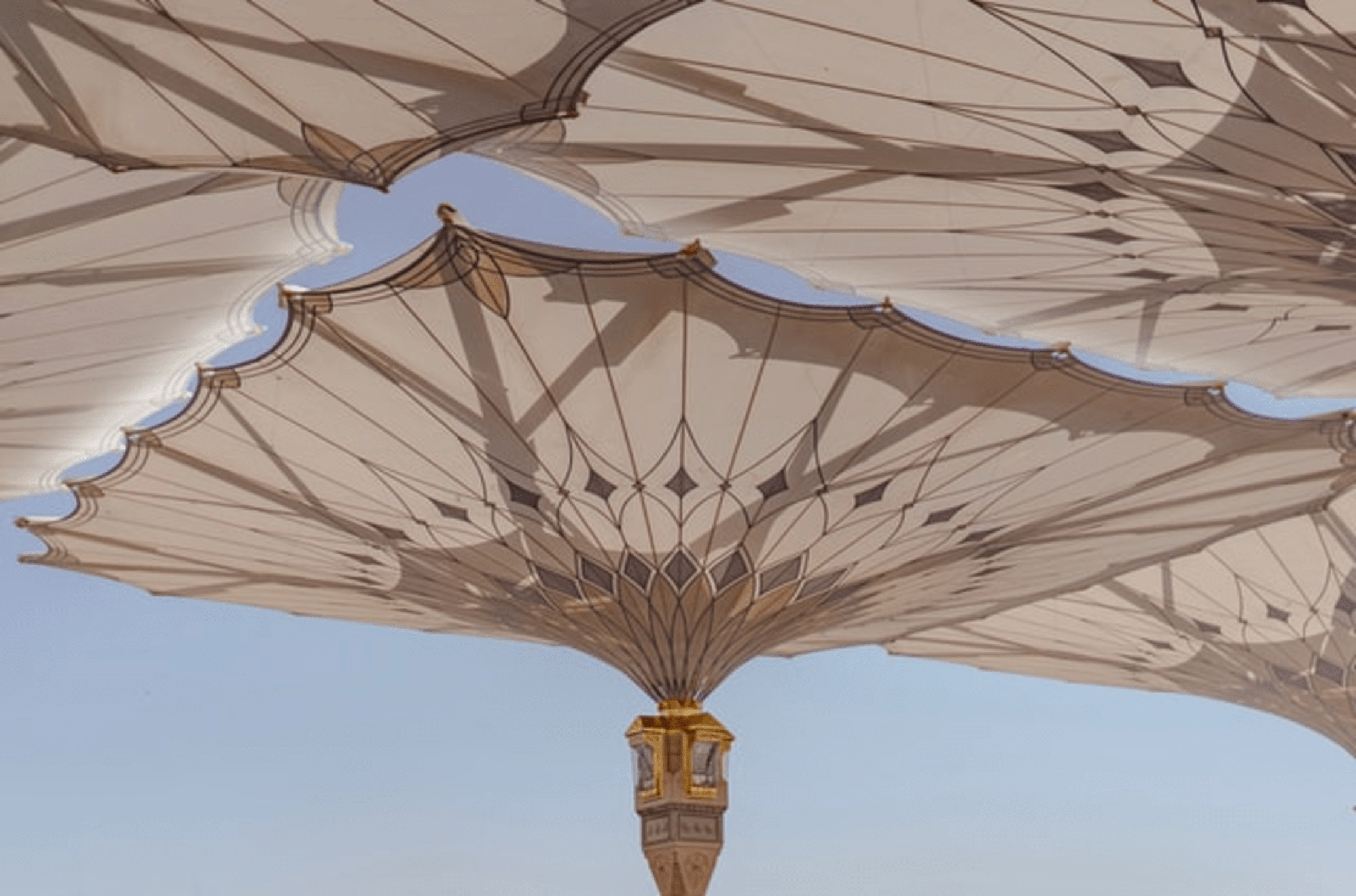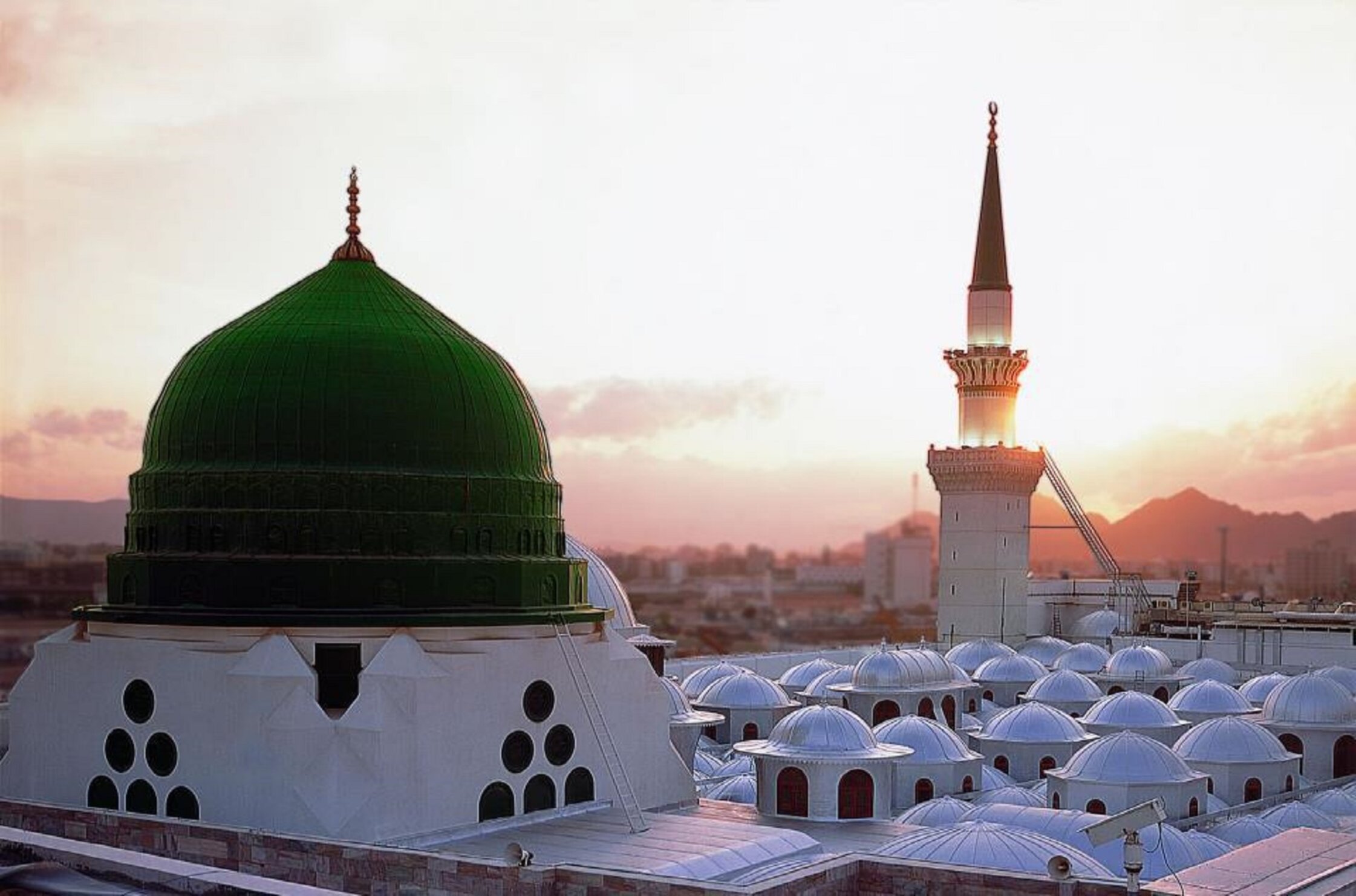1. Sending abundant salawat upon the Messenger of Allah ﷺ
The Messenger of Allah ﷺ said: “The best of your days is Jumu‘ah. On this day Ādam (‘alayhis-salām) was created; on this day he died; on this day the Trumpet will be blown; and on this day the creation will fall down and die. So send abundant blessings upon me, for your blessings will be presented to me.” They asked: “O Messenger of Allah, how will our blessings upon you be presented to you when you have turned to dust?” He replied: “Allah has forbidden the earth to consume the bodies of the Prophets.” (Abū Dāwūd)
‘The Messenger of Allah ﷺ is the leader of all mankind and Jumu’ah is the leader of all days. Thus, sending salah upon him on this day has a distinction and superiority which no other day has.’ (Ibn al-Qayyim)
The Messenger of Allah ﷺ said: “Increase your ṣalāh upon me on the day and night of Jumuʿah. Whoever invokes ṣalāh upon me once, Allah will bestow ṣalāh upon him ten times.” (Bayhaqī)
Aim for 1k
ʿAbdullāh b. Masʿūd (raḍiy Allāhu ʿanhu) said: “O Zayd b. Wahb, do not let Jumuʿah pass without invoking ṣalawāt on the Prophet ﷺ 1,000 times.” (Jalā’ al-Afhām)
2. Praying Fajr in congregation
The Messenger of Allah ﷺ said: “The best prayer in the sight of Allah is the Fajr prayer in congregation on the day of Jumu‘ah.” (Bayhaqī)
3. Reading Sūrah al-Kahf
The Messenger of Allah ﷺ said: “Whoever reads Sūrah al-Kahf on Jumu‘ah will have a light that shines for him between the two Jumu‘ahs.” (Hākim)
4. Bathing & wearing one’s best clothes
The Messenger of Allah ﷺ said: “Whoever bathes on the day of Jumu‘ah and does it well, purifies himself and does it well, puts on his best clothes, and puts on whatever Allah decrees for him of the perfume of his family, then comes to the masjid and does not engage in idle talk or separate two people; he will be forgiven for (his sins) between that day and the previous Jumu‘ah.” (Ibn Mājah)
5. Miswāk & Perfume
The Messenger of Allah ﷺ said: “Bathing and using miswāk on Jumu‘ah is obligatory upon everyone who has reached the age of puberty. One should apply whatever perfume he can find.” (Nasā’ī)
6. Going early to the masjid
The Messenger of Allah ﷺ said: “When Jumu‘ah comes, at each door of the masjid there are angels who write down the first ones to come to the masjid. Then when the imām sits down, they close their books and come to listen to the sermon. The one who comes early (for Salāh al-Jumu‘ah) is like the one who sacrificed a camel, then those who come after him (in order of their coming) are like one who sacrificed a cow, then one who sacrificed a horned ram, then one who sacrificed a chicken, then like one who offered an egg.” (Bukhārī)
‘The first Sunnah the Muslims abandoned was going early for Jumu’ah.’ (Zarakshī)
7. Walking to the masjid
The Messenger of Allah ﷺ said: “Whoever bathes on Jumu‘ah, bathes completely, goes early, is present for the beginning of the sermon, sits close (to the imām), listens and is silent; there will be for him in every step he takes the reward of a year of fasting and standing in prayer.” (Tirmidhī)
8. Making du‘a’
The Messenger of Allah ﷺ said: “Jumu‘ah is comprised of twelve portions of time. There is one in which a Muslim who asks Allah for something will have it granted to him. Seek it in the last period after ‘Asr.” (Abū Dāwūd)
‘When Mufaḍḍal b. Fuḍālah (raḥimahullāh) would perform the ‘Asr ṣalāh on Jumu’ah, he would seclude himself in the corner of the Masjid and continuously supplicate until the sunset.’
A Blessed Demise
“When Tā’ūs b. Kaysān (raḥimahullāh) would finish performing the ‘Asr ṣalāh on Jumu’ah, he would face the qiblah and not speak to anyone until sunset.”
“My father used to seek out the period in which du’ā is accepted on Friday after ‘Asr salāh; and he passed away in the period which he used to love. He passed away Friday after Asr salāh.” (The son of Tāwūs)
Tāwūs b. Kaysān (d. 106 AH) was a great scholar and amongst the tābi’in. ‘Abdullāh b. ‘Abbās held him in such great esteem that he said about him, “Indeed I think Tāwūs is from the people of Paradise.”





